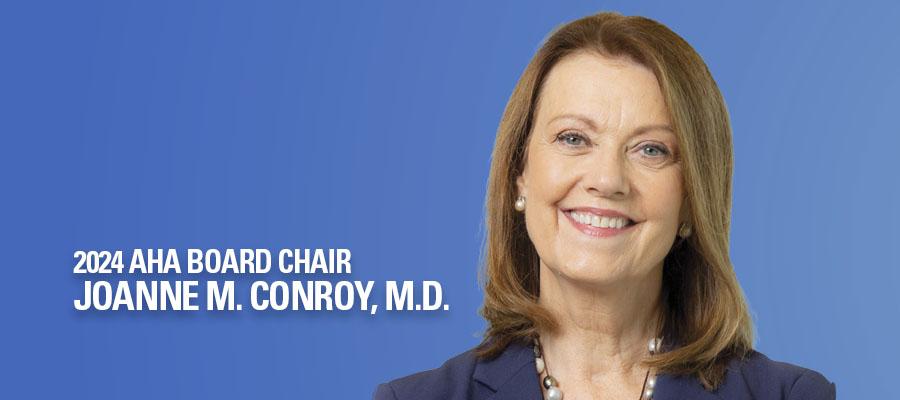Chair File: The Positive Impact of Age-Friendly Health Systems

People born in 1964 — the tail end of the baby boomer generation — are turning 60 this year, and the oldest boomers — born in 1946 — are turning 78. The number of older adults overall in the U.S. has been steadily increasing as people live longer. By 2060, population projections show that 95 million people in the U.S. will be age 65 or over.
We cannot underestimate the huge impact of providing health care to large numbers of older adult patients, now and in the years ahead. Many older adults have complex care needs. They may have more than one chronic disease and take multiple medications. But getting older doesn’t have to mean getting sicker. It can mean aging well.
Age-Friendly Health Systems is an initiative to help spread the reliable delivery of age-friendly care guided by the 4Ms framework — what matters to the patient, medication, mentation (depression, dementia and delirium) and mobility — across all health care settings. Providing age-friendly care improves health outcomes, value and patient satisfaction.
Beginning this September, the AHA is leading its sixth Age-Friendly Health Systems Action Community, to help care teams deploy existing resources to ensure older adult patients receive safe, quality care. By participating in the seven-month virtual action community, you’ll receive free access to webinars, resources and coaching on implementing the 4Ms.
This work aligns with the objectives of AHA’s Patient Safety initiative to foster a culture of safety from the board room to the bedside, identify and address inequities in safety, and enhance workforce safety. And there’s a strong business case for delivering age-friendly care, including reducing hospital readmissions, decreasing length of stay and improving patient and provider satisfaction.
More than 4,000 care locations across the U.S. have now been recognized as Age-Friendly Health Systems. I’m proud that Dartmouth Health, the organization I lead, has been recognized as an Age-Friendly Health System “Committed to Care Excellence” (highest level) since 2019. In part, this has been accomplished through our Geriatric Center of Excellence and our Level I accredited Geriatric Emergency Department.
Ensuring that care providers are well versed in providing age-friendly care could make a difference for those of us who have aging parents, are caregivers or are “older adults” ourselves. It’s exciting to hear from providers implementing the 4Ms framework in a variety of settings to transform care for older adult patients. Visit AHA.org for details.
Let’s continue to work together to make health care better and friendlier for all older adults.

